Introduction
As you start your medical journey, textbooks will be essential. However, reading books about medicine in practice is invaluable. This pre-study reading is crucial, especially for young students looking to get a head start, such as those attending programs like the Oxford Summer School.
Here’s a list of some of the best books for medical students that offer great insights without being too textbook-y!
1. Bad Science by Ben Goldacre
This is a must-read if you’re interested in research. It combines humor with facts to reveal the reality behind scientific discoveries. British physician Ben Goldacre explains basic principles of the scientific method in a satirical, eye-opening way. He discusses malpractice by researchers, universities, and journals, and the problems caused by bad science. From scaremongering journalists to researchers hiding results, this book is informative and light-hearted, perfect for future medical students.
2. This Is Going to Hurt by Adam Kay
If you read one book from this list, make it this one. It’s an insightful, inspiring page-turner. Adam Kay’s career as a gynecologist is documented in a series of light-hearted yet informative accounts. He describes the arbitrary admissions process and his days as a junior doctor. His stories offer real insight into life as a junior doctor in the NHS.
3. Where There Is No Doctor: A Village Healthcare Handbook by David Werner
This healthcare manual, based on the author’s experiences in a Mexican village, informs readers about handling healthcare issues in isolated areas. Although dense, it’s worth reading for insights into medicine in developing countries. From AIDS to malaria, the book outlines essential steps to prevent, recognize, and treat common health issues.
4. Do No Harm by Henry Marsh
Neurosurgeon Henry Marsh dives into the realities of having someone’s life in your hands. This book provides an unforgettable insight into the human dramas in a busy hospital. Marsh explains the agonizing decisions neurosurgeons face, like paralyzing a patient to save their life. Even if the operation should have a good outcome, what happens if it goes wrong? How do you deal with it?
5. When Breath Becomes Air by Paul Kalanithi
Stanford University neurosurgeon Paul Kalanithi was diagnosed with terminal lung cancer at 30. He uses this book to tell his story and address approaching death with grace. Kalanithi probes questions like the meaning of life and what makes life worth living. He discusses the importance of guiding patients and families to understand death and illness.
6. The House of God by Samuel Shem
The only fictional work on this list, this novel follows medical interns at a hospital called The House of God. Based on the author’s experiences, it tells of Roy, a new intern, and his encounters. It’s a satirical, comical read, giving an idea of post-graduation life for medical students. The hospital has its own list of rules, like “if the radiology resident and the medical student both see a lesion on the chest x-ray, there can be no lesion there.” If you want a humorous novel that also offers insight into the hectic life of an intern, this is it.
7. Being Mortal by Atul Gawande
American surgeon Atul Gawande discusses the evolution of care for the sick and elderly since the early 1900s. He contrasts this with Asian and Middle Eastern cultures, where the elderly are revered and cared for by their families. Gawande also addresses assisted suicide and the future hope for the aging population.
Conclusion
These books offer unique and insightful looks into medicine, providing practical knowledge and inspiring personal stories. Whether beginning your journey or deepening your understanding, these reads are invaluable companions to your medical education.


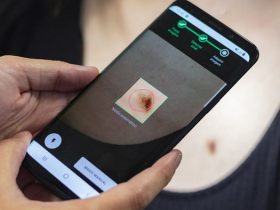






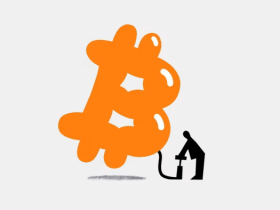






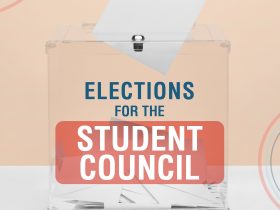



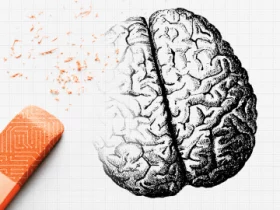

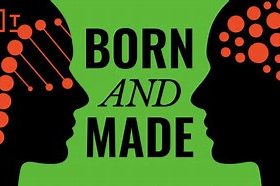
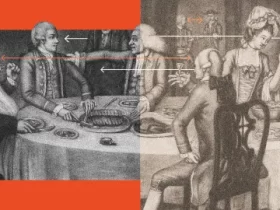


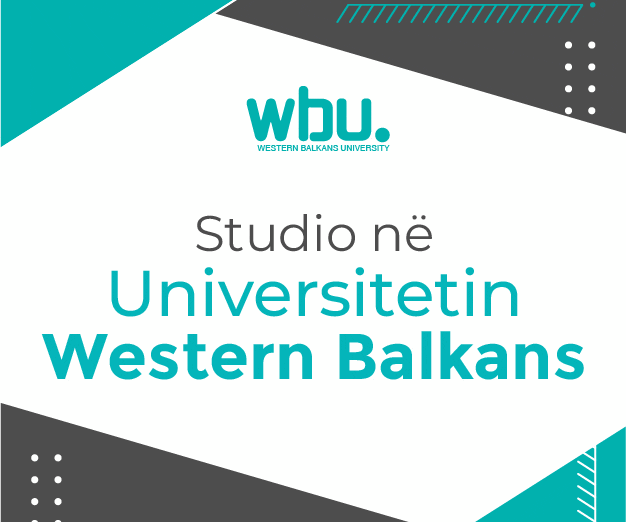

Leave a Reply